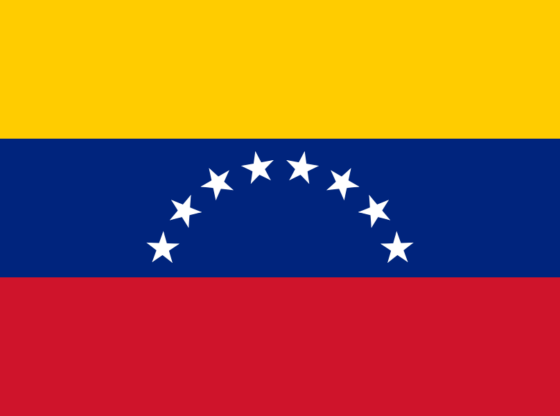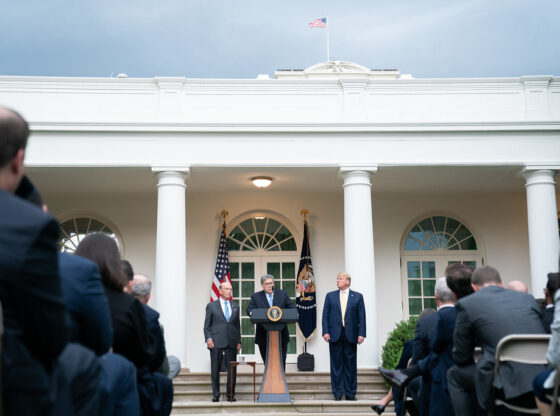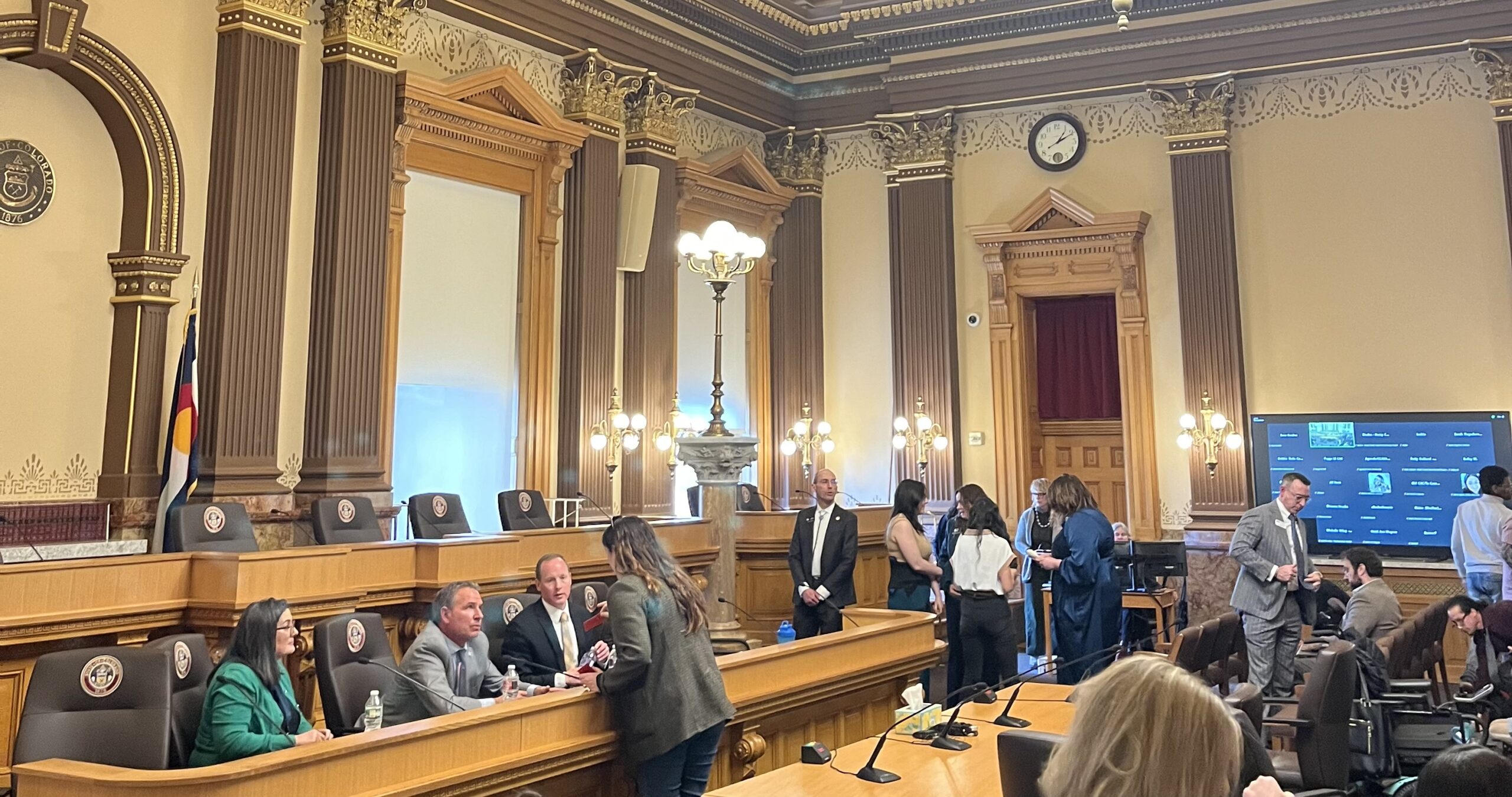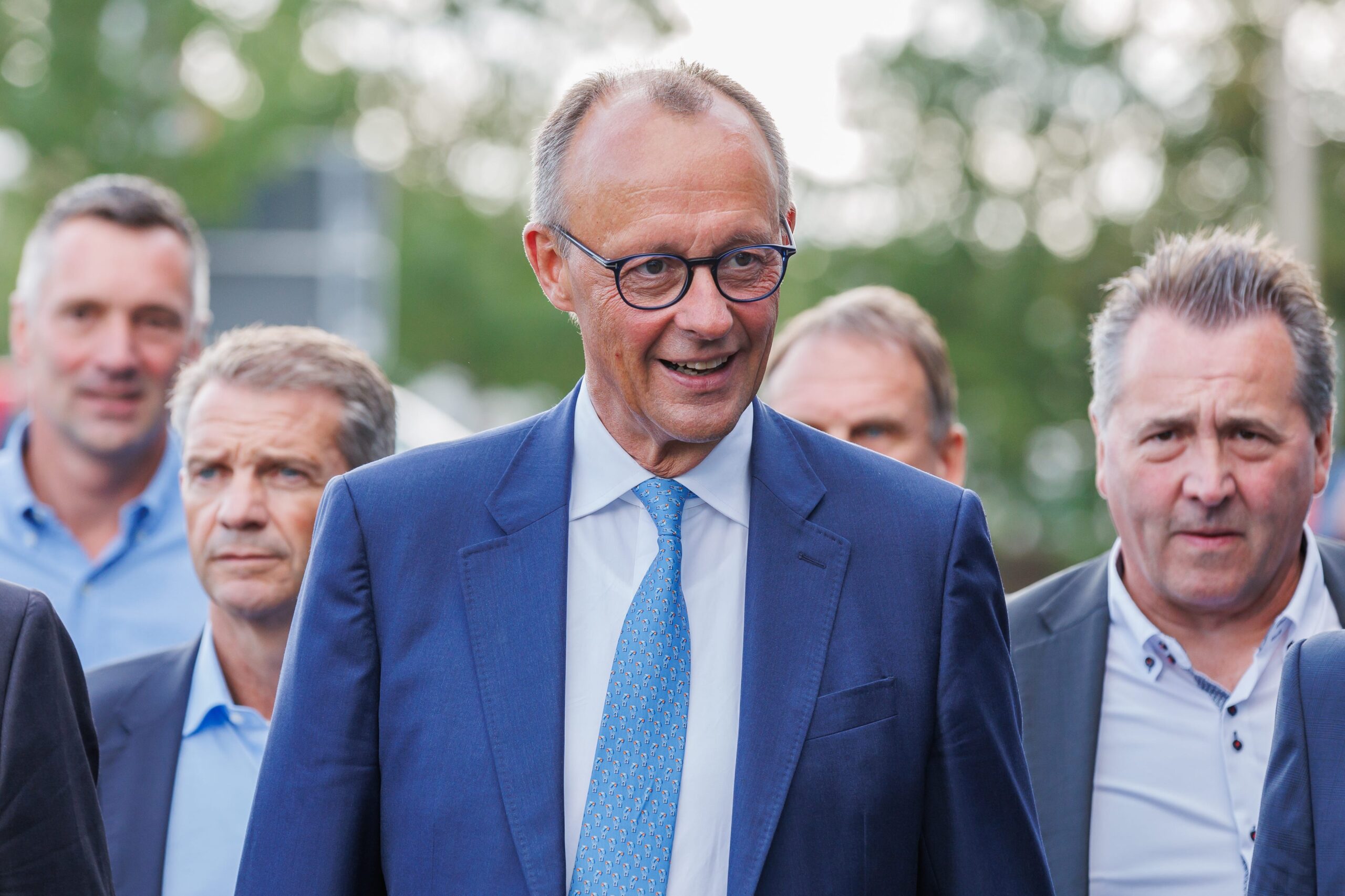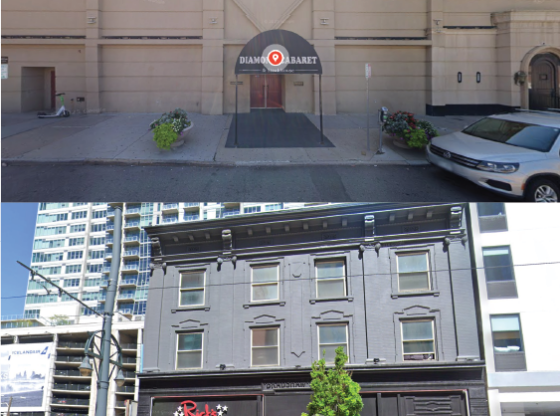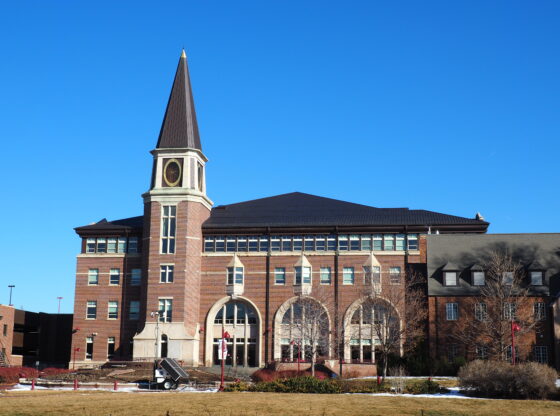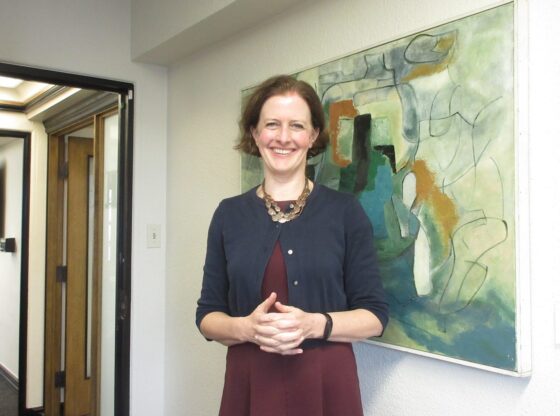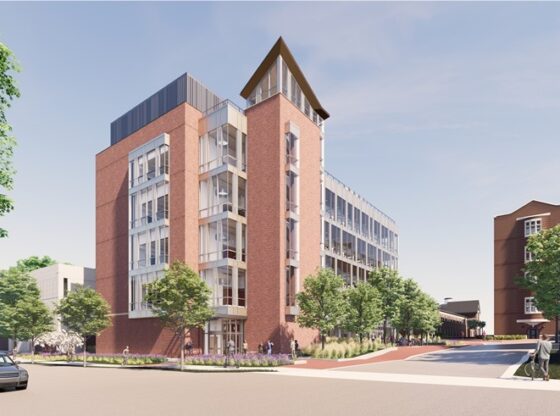The Assistant General of the United Nations Heraldo Muñoz discussed last Wednesday economic policies for Latin America that would lead to a more equitable social order.
“The key to success in Latin America is that we have to reinforce those policies aimed at reducing inequality, making a more collective and a more coherent society that favors economic growth and social cohesion,” Muñoz said.
Muñoz received a doctorate from the Josef Korbel School of International Studies and has served as the ambassador from Chile to the United Nations. His remarks were attended by Chancellor Robert E. Coombe, faculty and students.
Chile, he said, has some of the highest levels of inequality in the world. The UN’s Regional Human Development Report for Latin America and the Caribbean lists it as one of the worst countries in terms of living standards based on levels of equality.
Muñoz said, “Inequality is one of the main traits that defines the history of Latin America and the Caribbean. A significant and persistent inequality, accompanied by low social mobility, has led the region to fall into an ‘inequality trap’; a vicious circle that is difficult to break.”
In addition to Muñoz, DU professor Tom Farer also spoke at the event. He pointed out that the civic unrest in northern Africa and the Middle East are examples of frustration about social inequality.
“In Egypt, inequalities of power led to intensification of the inequality of wealth,” Farer said. “So, how do you break out of this circle? How does this morbid connection between existing inequalities of income and wealth, which also are reflected in inequalities of the distribution of power, affect policies? How do you break from all of that through the political process? That is the dilemma.”
Both Muñoz and Farer discussed the negative impact of discrepancy between classes in Latin American countries.
Muñoz said, “This report reaffirms the central importance of the fight against poverty, but it suggests that there is a need to go further.”
He added, “Opportunities and access to goods and services are important, but so is the process that enables individuals to play an active role in their own development, and in this way improve their own lives as well as their immediate environment.”
Though he understands the difficulty associated with Chilean improvement, Muñoz said he is positive about the region’s future.
“I think my central message is like a recent political candidate said not too long ago: ‘Yes we can,’ he said. “Yes, we can defeat the inequality. We can do so if we implement the full and ethical duty of the government for future generations.”

